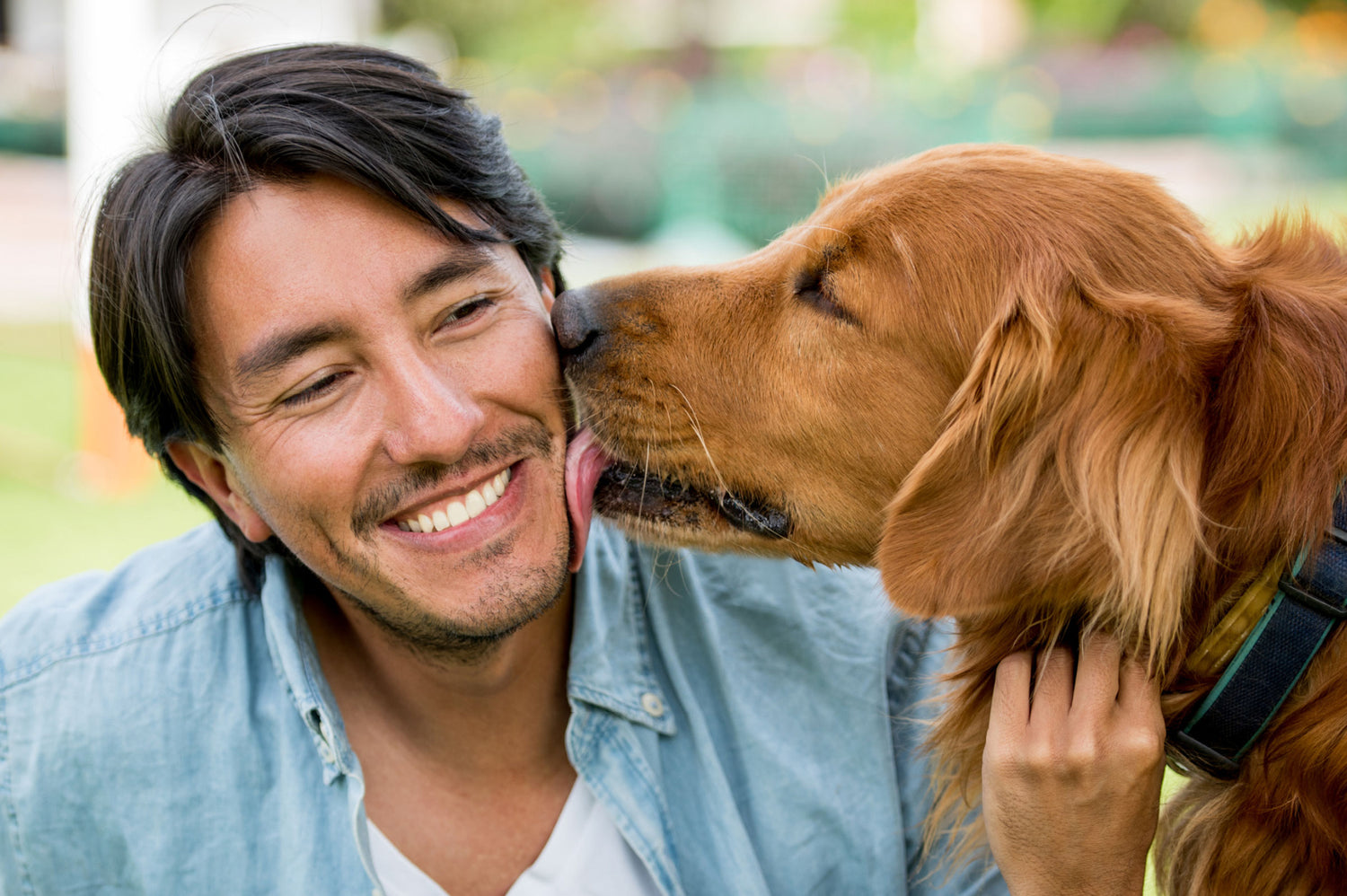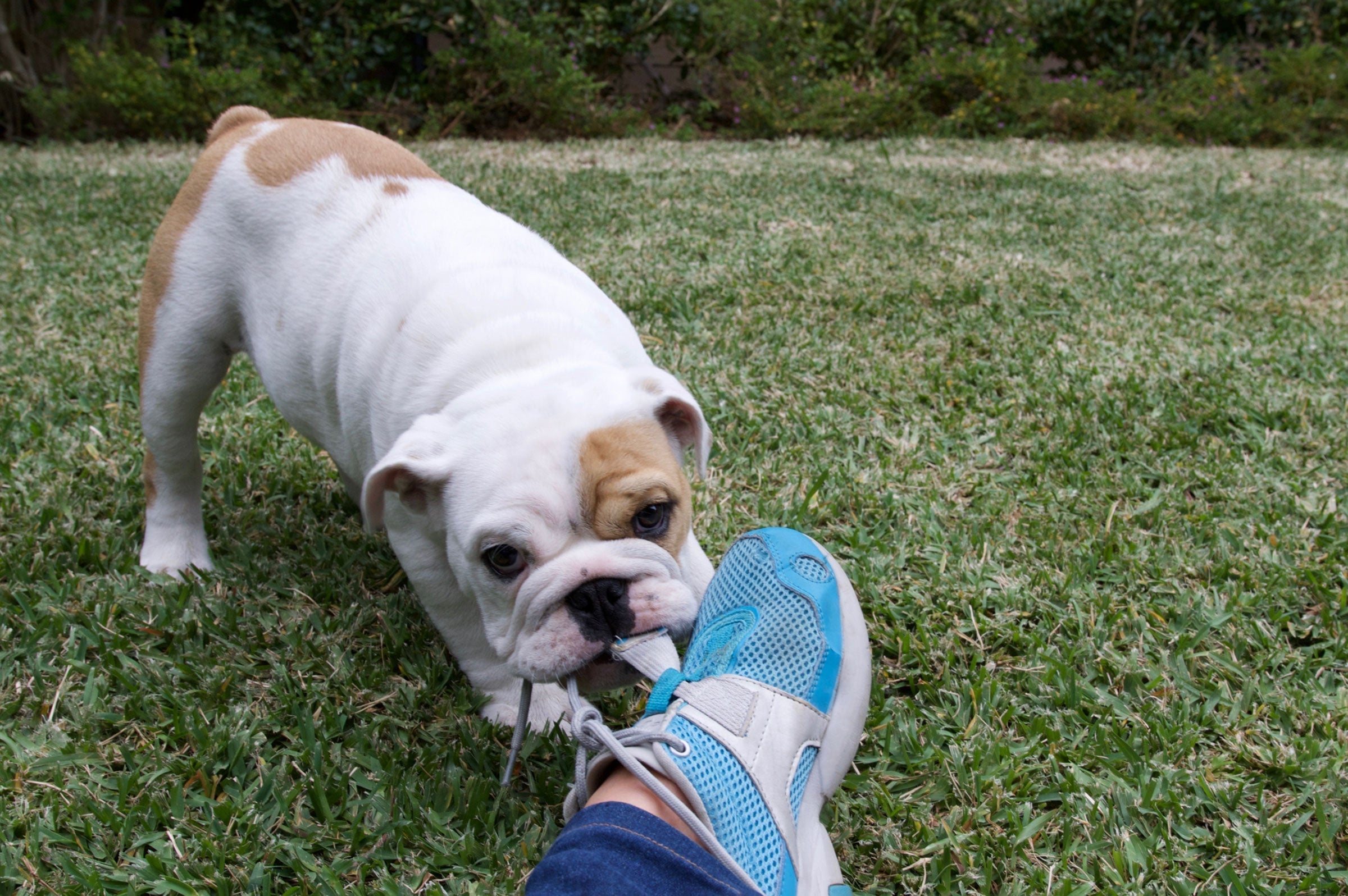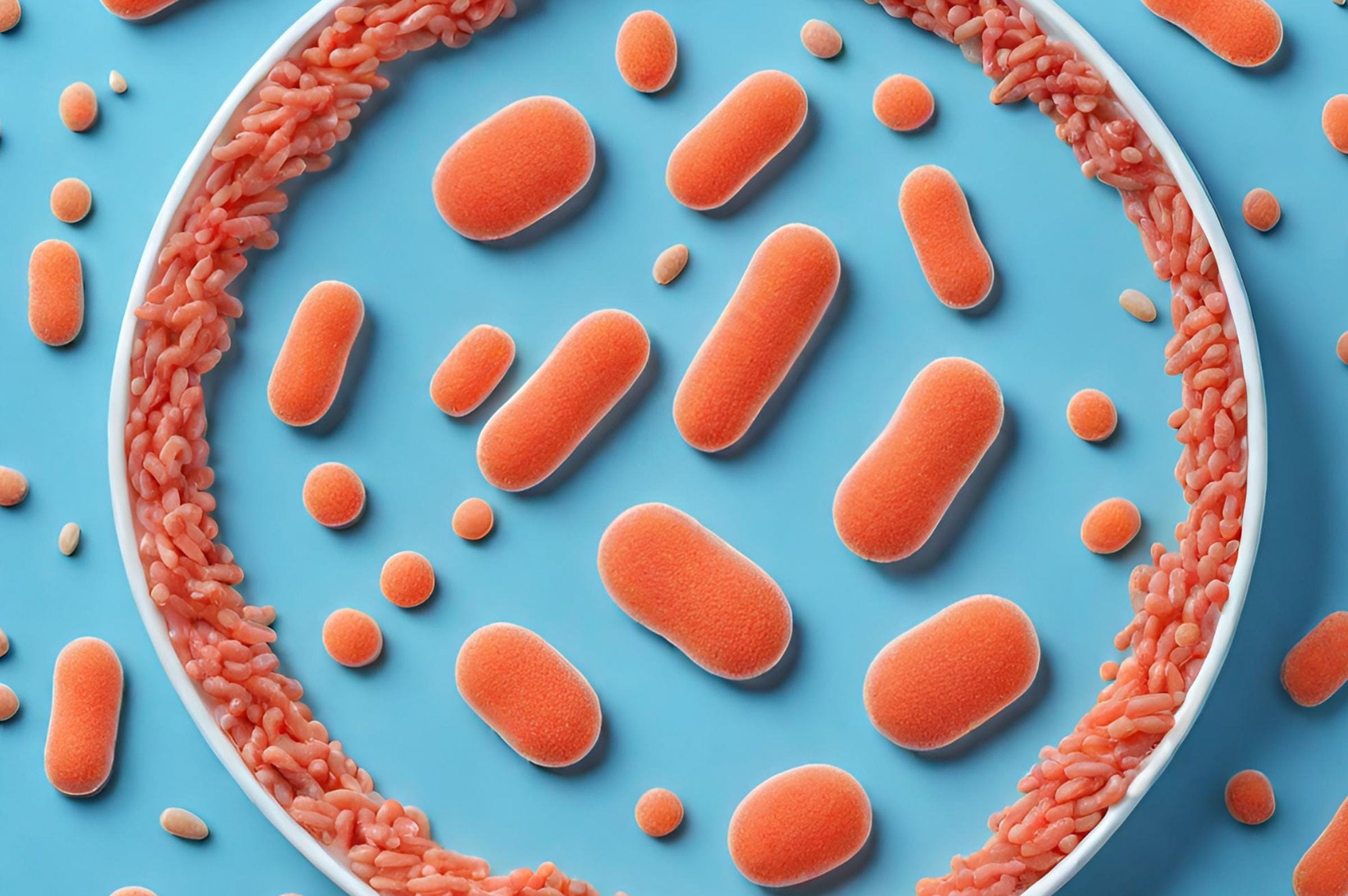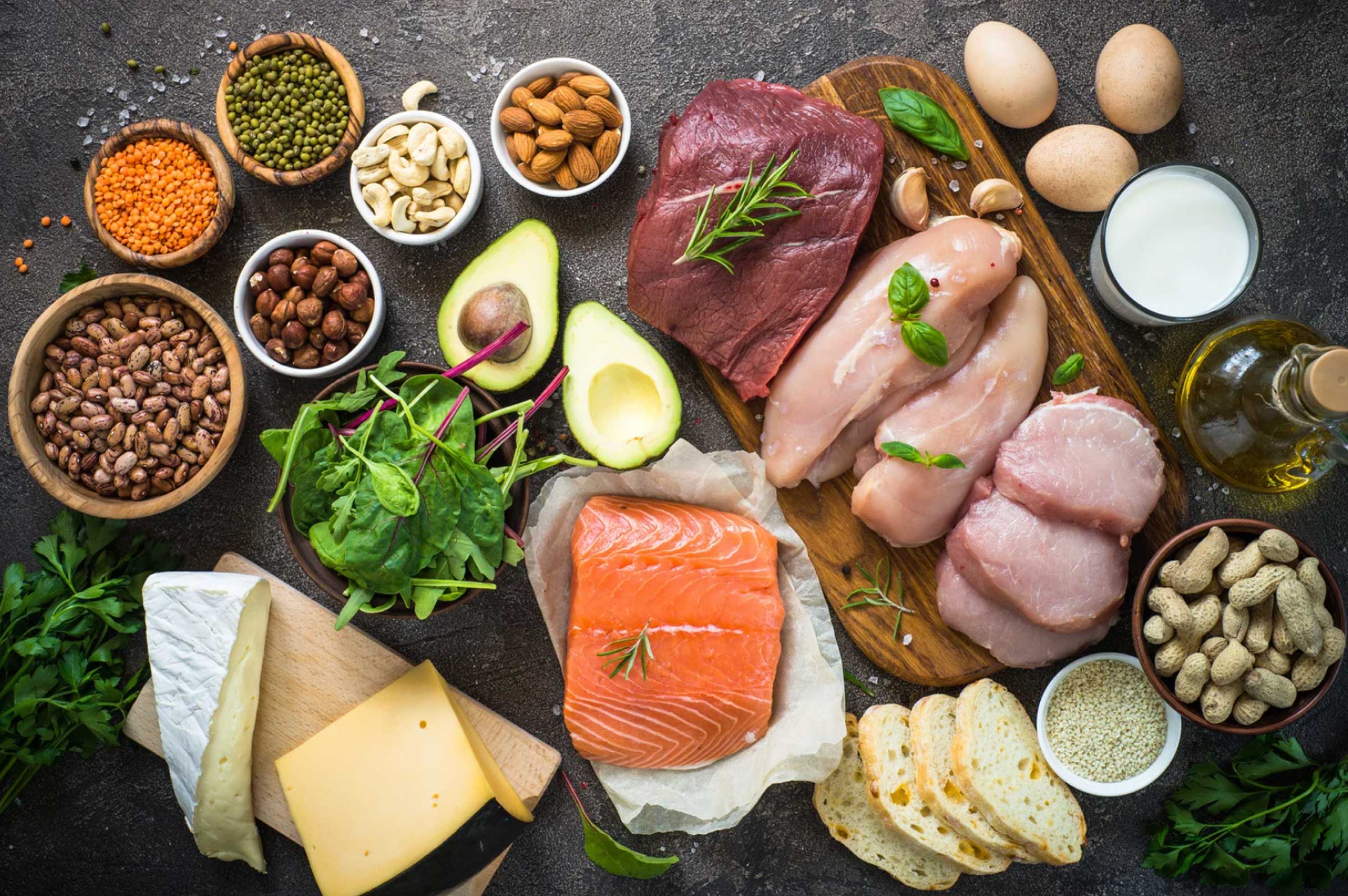As endearing as our furry companions can be, they occasionally exhibit behaviors that leave us scratching our heads. One such behavior that dog owners may encounter is their canine friend chewing on their hair. While it may seem odd or even amusing at first, there are several reasons why dogs engage in this behavior. In this blog post, we'll review the potential causes behind why your dog keeps chewing your hair and explore ways to address this behavior.
Why Do They Do It?
- Seeking Attention: Dogs are social creatures and often crave attention from their human companions. Chewing on your hair may be your dog's way of seeking interaction or affection. If they've learned that this behavior gets a response from you, such as petting or verbal reassurance, they may continue to do it to get your attention.
- Exploration and Play: Dogs explore the world around them through their senses, including taste and smell. Your hair may simply pique their curiosity, especially if it has a distinct scent or texture. Additionally, dogs often use their mouths to interact with objects and people during play, so chewing on your hair may be a playful behavior for them.
- Stress or Anxiety: Like humans, dogs can experience stress and anxiety, which may manifest in various behaviors, including chewing. If your dog is feeling anxious or unsettled, they may turn to hair chewing as a way to self-soothe or alleviate their stress. Changes in routine, environment, or household dynamics can trigger anxiety in dogs.
- Attention-Seeking Behavior: If your dog feels neglected or lacks mental stimulation, they may resort to attention-seeking behaviors, such as chewing on your hair, to alleviate boredom. Dogs thrive on mental and physical stimulation, so providing them with adequate exercise, playtime, and enrichment activities can help reduce undesirable behaviors.
- Medical Issues: In some cases, excessive chewing or licking of hair can be a sign of an underlying medical issue, such as allergies, skin irritation, or dental problems. If your dog chews both your hair and their own hair and is accompanied by other symptoms like redness, swelling, or hair loss, it's essential to consult with your veterinarian to rule out any potential health concerns. Dogs with medical issues
Addressing Hair-Chewing Behavior: Tips and Strategies
Now that we've explored some possible reasons behind why your dog chews your hair, let's discuss how to address this behavior:
- Provide Alternative Outlets: Offer your dog appropriate chew toys or interactive puzzles to redirect their chewing behavior away from your hair. Reward them with praise or treats when they engage with these alternatives.
- Increase Mental and Physical Exercise: Ensure that your dog receives ample opportunities for physical exercise and mental stimulation through walks, play sessions, and training activities. A tired and stimulated dog is less likely to engage in undesirable behaviors.
- Establish Boundaries: Consistently reinforce boundaries with your dog by redirecting them away from your hair whenever they attempt to chew on it. Use firm but gentle commands like "no" or "leave it" and offer a suitable alternative for them to chew on instead.
- Address Underlying Anxiety: If your dog's hair chewing is linked to stress or anxiety, work on identifying and addressing the root cause of their distress. Create a safe and comfortable environment for your dog and consider consulting with a professional dog trainer or behaviorist for guidance.
- Regular Grooming: Maintain your own hair hygiene by keeping your hair clean and tied back if necessary, especially if your dog has a tendency to chew on it. Additionally, regularly groom your dog to prevent hair from becoming tangled or matted, which may reduce their urge to chew on your hair.
Conclusion
While it may be perplexing to witness your dog chewing on your hair, understanding the underlying reasons behind this behavior can help you address it effectively. Whether it's a quest for attention, playful exploration, or a sign of underlying stress, patience, consistency, and positive reinforcement are key to modifying your dog's behavior.
By providing appropriate outlets for chewing, addressing any underlying anxiety or medical issues, and reinforcing boundaries, you can foster a harmonious relationship with your canine companion while keeping your hair intact. Always maintain your pet’s health and nutrition with proper food and quality supplements, like veterinary-strength supplements from VetSmart Formulas. Also, keep an eye out on the Pet Wellness Direct product page for our upcoming calming product to help with anxiety!











